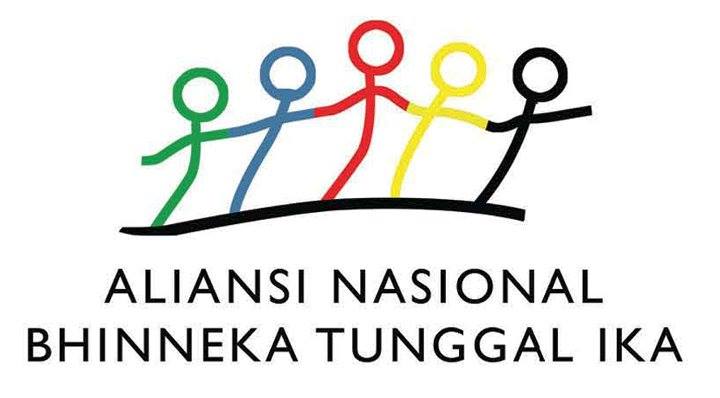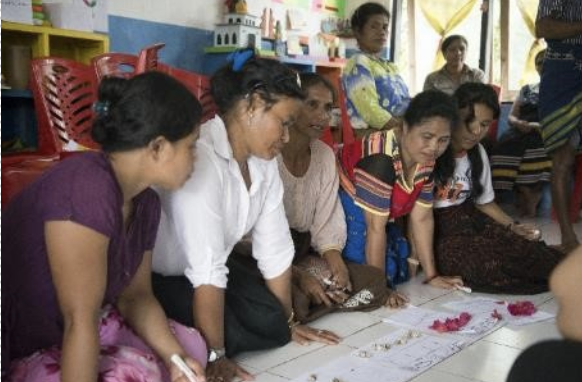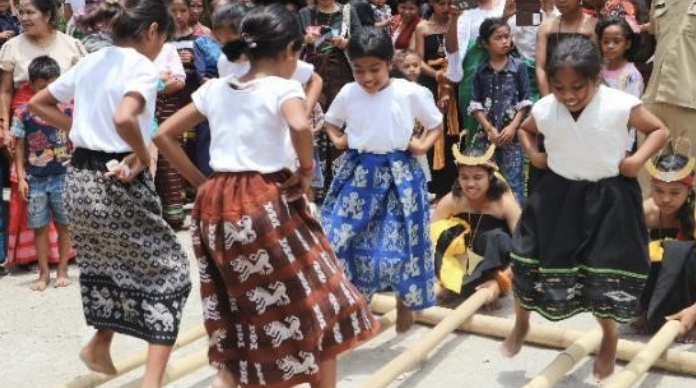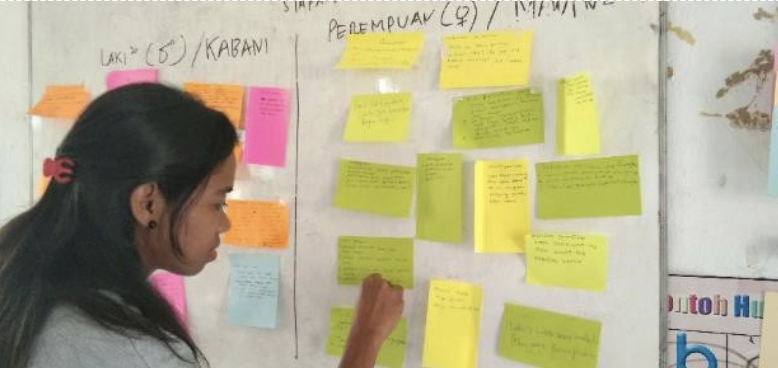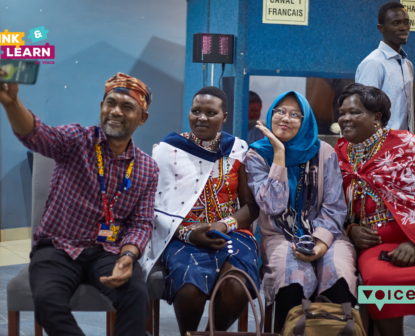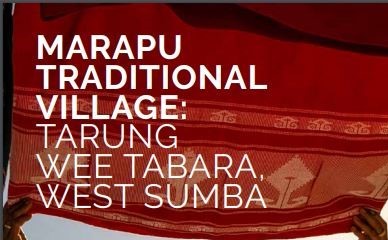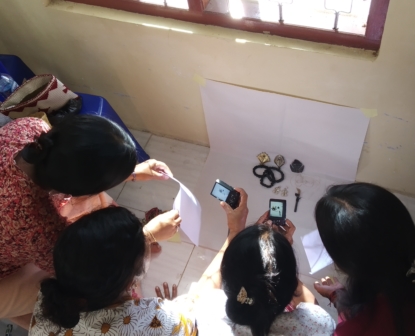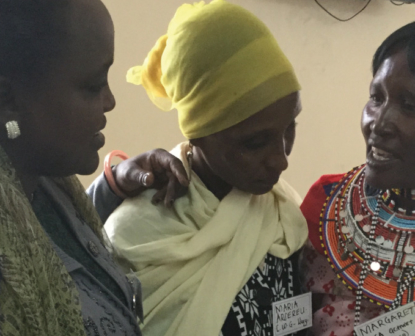Project
Merapu Indigenous Women & Youth Empowerment in West Sumba
-
Amount Funded
24,441 EUROProject Duration
01 Sep 2018 - 31 Aug 2019 -
-
Lead organisation
-
The National Alliance of Bhinneka Tunggal Ika (ANBTI) was established on June 26, 2006 as part of a mandate from the National Congress of Kebhinnekaan (Diversity) that was held on 22 – 25 June 2006 in Surabaya, East Java.
ANBTI focuses on advocating against discriminatory policies, particularly those against indigenous peoples: the adherents of local religions. ANBTI also facilitates inter-religious dialogues, education on pluralism for youth, and creates a solidarity network for the participation of indigenous communities and the adherents of local religions. ANBTI has two core activities: re-actualisation of local wisdom for cultural integration, and a national youth forum. The former is based on the prevailing local religions in Indonesia which is perpetuated by policy makers and state apparatuses, while the latter is to prevent the rising conservative radicalism among Indonesian youth to become agents of change and peace building.
-
Organisation
The National Alliance of Bhinneka Tunggal Ika (ANBTI) was established on June 26, 2006 as part of a mandate from the National Congress of Kebhinnekaan (Diversity) that was held on 22 – 25 June 2006 in Surabaya, East Java.
ANBTI focuses on advocating against discriminatory policies, particularly those against indigenous peoples: the adherents of local religions. ANBTI also facilitates inter-religious dialogues, education on pluralism for youth, and creates a solidarity network for the participation of indigenous communities and the adherents of local religions. ANBTI has two core activities: re-actualisation of local wisdom for cultural integration, and a national youth forum. The former is based on the prevailing local religions in Indonesia which is perpetuated by policy makers and state apparatuses, while the latter is to prevent the rising conservative radicalism among Indonesian youth to become agents of change and peace building.
-
Project
Merapu Indigenous communities in West Sumba, East Nusa Tenggara are still facing the discrimination and exclusion in many aspects of their livelihoods. This exclusion results in prevalent poverty, inaccessibility of proper education, a low rate of socio-political participation, particularly as a rightful citizen.
Following the situation, Bhinneka Tunggal Ika Alliance (ANBTI) initiated an empowerment project with Merapu communities using participatory action strategy, working closely with the involved communities. This approach enables the indigenous people to identify the key issues that they face and struggle, and to formulate appropriate action plans and advocacy that are suitable for their conditions. Organising the communities has been the key to conduct participatory action. ANBTI likes to form a new community working as facilitator to implement the actions within other communities. Through organising as well, they are also capable of pinpointing potential actions that are held by the communities and how to develop those potentials according to their needs. The involvement of local capacities and potentials is really crucial to maintain the sustainability of the programme.
Organising the communities also means to build a platform for the people to do many activities together with their members. Thus, it is necessary for the communities to build a communal space for collective gathering, discussions, and capacity development. The Community-Based Learning Center is created as a learning space as the starting point for driving changes in the community. A strong foundation of livelihoods enables the society to effectively and significantly participate in the state as its rightful members, including to self-advocate their rights and needs, particularly regarding the administration and civil rights. Through this platform, they will run the programme that is planned and constructed rogether to advocate their rights.
-
-
Merapu Indigenous communities in West Sumba, East Nusa Tenggara are still facing the discrimination and exclusion in many aspects of their livelihoods. This exclusion results in prevalent poverty, inaccessibility of proper education, a low rate of socio-political participation, particularly as a rightful citizen.
Following the situation, Bhinneka Tunggal Ika Alliance (ANBTI) initiated an empowerment project with Merapu communities using participatory action strategy, working closely with the involved communities. This approach enables the indigenous people to identify the key issues that they face and struggle, and to formulate appropriate action plans and advocacy that are suitable for their conditions. Organising the communities has been the key to conduct participatory action. ANBTI likes to form a new community working as facilitator to implement the actions within other communities. Through organising as well, they are also capable of pinpointing potential actions that are held by the communities and how to develop those potentials according to their needs. The involvement of local capacities and potentials is really crucial to maintain the sustainability of the programme.
Organising the communities also means to build a platform for the people to do many activities together with their members. Thus, it is necessary for the communities to build a communal space for collective gathering, discussions, and capacity development. The Community-Based Learning Center is created as a learning space as the starting point for driving changes in the community. A strong foundation of livelihoods enables the society to effectively and significantly participate in the state as its rightful members, including to self-advocate their rights and needs, particularly regarding the administration and civil rights. Through this platform, they will run the programme that is planned and constructed rogether to advocate their rights.
-
“We believe that the organizational changes are quite positive, and that there is knowledge and experience in the issue of indigenous women/believers. We also learned how to strengthen the network of organizations in Sumba that are working to empower local adat/belief groups in order to improve program implementation efficiency. Beneficiary changes have also been positive, at the individual, community, and local government levels. Success at the program’s implementation location, giving initiatives to other villages in the vicinity, and requesting that their villages also participate in implementing activities.
So far, VOICE has been tremendously helpful. We learn from and collaborate with a variety of other organizations on a national and regional scale.” – ANBTI Project Officer
Women in the program have reported more positive improvements and growth than men. Positive changes we noticed include:
Positive Individual Change
The female facilitators said they gained greater insight and a better mindset, were able to organize more focused events, and were responsible for activities. Women also feel this program promotes collective learning, everyone is active in the implementation of the activities, and they are aware of the common goals to be attained.
Household and village changes
The women active in the program said they always spread the word about the organization’s goals and welcome more women to join. As can be observed, the number of women participating in the program grows in the second phase. Initially there were 8 women, later 25.
Several sessions included traditional elders and husbands who wanted to learn more about the activities. This affects the household, especially husbands who no longer object to women/wives participating in activities.
With community acceptance, distrustful attitudes began to fade, and they wanted to help execute village activities. The mamas who are skilled in weaving and crafts are prepared to share their knowledge with other women groups to support cultural regeneration within the Marapu community.
Following Tarung Village’s success, several nearby traditional villages requested to participate in a similar scheme, including Tarung and Wee-Tabara villages.
Founded the Mama-mama weaving group
Previously, ladies in Tarung Village manufactured weaving and sold it independently, causing price competition. They created a weaving group, where the production and marketing operations are done in groups, through this software. For now, they concentrated on making natural-colored fabrics, with the proceeds split between them and the group. This enables the women make equal pricing and eliminates competition.
In general, facilitators were more daring in taking initiative, as seen by their planning of community dialogues and village festivities. Previously, they always relied on customary institutions to make choices.
Tarung-Waitabar Traditional Institution, Output Government and West Sumba Regency Acceptance and Cooperation
The Tarung-Wee Tabara traditional institution and the Loli Village Government were fully supportive and donated materials. Also, the West Sumba Regency Government, in this case the Tourism Office, was a resource at the conference, as was the Regent of West Sumba’s participation in the Village Festival. The Regent of West Sumba also endorsed the process of equipping Marapu devotees with population administration.
The Sobawawi District Head applauds the activities in Tarung-Wee Tabara Village and hopes that ANBTI will conduct similar programs other traditional villages in Sobawawi Sub-district in future.
The West Sumba Regent has committed to fulfilling Marapu adherents, but due to time restrictions, this can only be done in 2020.



-
News

